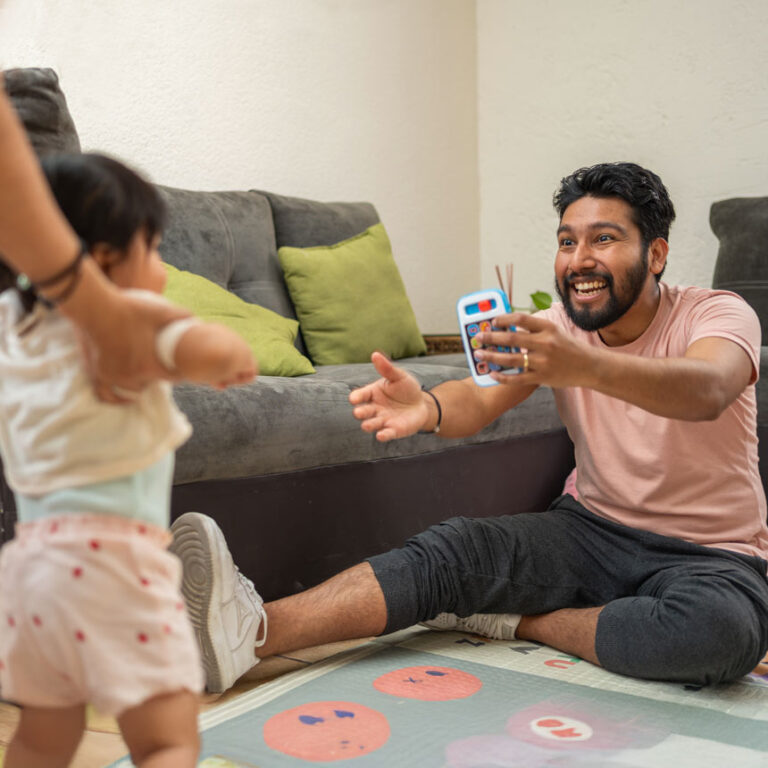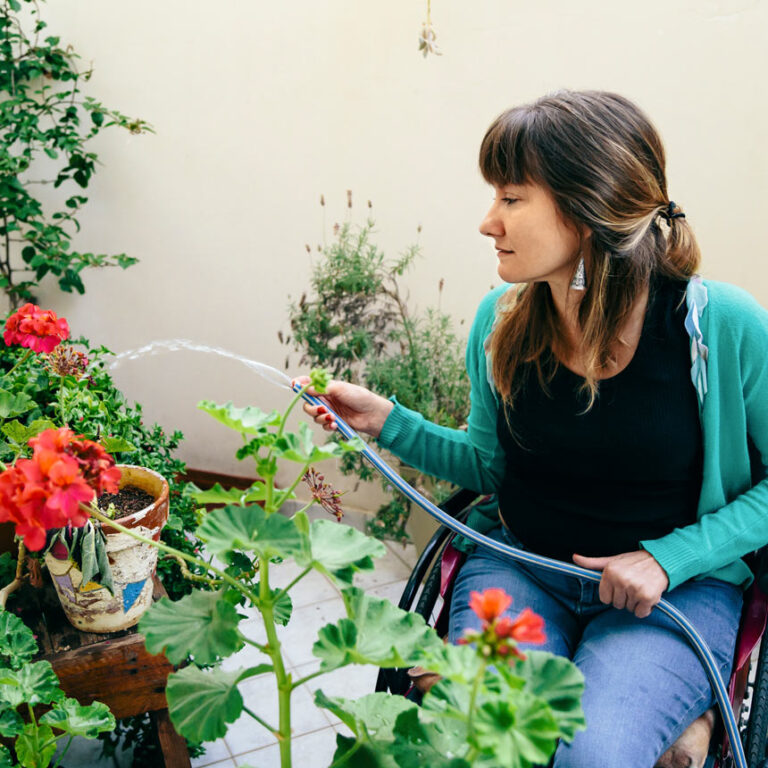Integrated Health Includes Supported Education

“At LifeWorks NW, our goal is to provide a full team of behavioral health staff to help address not only a client’s mental health difficulties, but the effects it’s having on many aspects of their life,” said Jen, Supported Education specialist. “We ask the question, ‘What does mental health recovery look like for you?’ and we help them work towards those goals. Many people want to become someone, want to contribute positively to the world, and want to earn a reasonable wage doing something that sparks joy for them.” One of her young clients, we’ll call Everly, told us about dealing with bipolar disorder with psychotic features when she first engaged with LifeWorks NW.
“I feel like sometimes I have really struggled with trusting myself,” she said. “I had anxiety, PTSD flashbacks, and some self-regulation difficulties at times. I was doing school out of my car. I needed resources to get back on my feet. [LifeWorks NW] services have helped me find a healthier way to live, trust myself more, and assistance working towards my goals.”
LifeWorks NW’s integrated wraparound services provided Everly with therapy; symptom management skills; medication services; help to get social security, housing, financial management, etc. As she worked toward those goals of stability, Jen supported her efforts to get back into school and plan a career.
“My [LifeWorks NW] case manager…asked me about my needs, she helped me organize my housing application for Housing Care Plus and what I needed to justify my supports,” said Everly. “She was able to find me a place. Once I had a roof over my head, I was able to actively engage in therapy with my therapist and start thinking about my future. I was able to connect with Jen.
“Connecting to…[LifeWorks NW medical staff], I was able to eventually find a medicine to help keep my symptoms at bay and engage in classes to my full ability. It helped me find balance.
“Before I was connected with LifeWorks NW, I was living day to day, but with LifeWorks NW support I was able to think about my future. Because I got on Social Security, I was able to be comfortable enough to try school, a goal of mine. I needed something to help keep my mind focused and productive.”
“We discussed her long-term career goal of becoming a school psychologist and the steps it takes to get there,” said Jen. “We connected to resources, such as disability services at Portland Community Colleges (PCC) and Portland State University (PSU). Together we worked on helping her navigate online learning at PCC and get comfortable on campus at PSU. She and I worked on the transfer process to PSU, connection to its resources, how to deal with parking, and how to self-advocate and coordinate with teachers. We talked a lot about the bachelor’s degree in psychology she wanted to achieve, and met with her advisor, as well as utilized tools such as the degree evaluator to plan and adjust as necessary for the credits required for graduation.
“For Everly, symptom management in the school environment was an important factor, as well as self-care. Additionally, I helped her with school-related skills, such as how to complete the FAFSA and navigate submitting supplemental information so she can access financial aid. She was able to access Transfers Finish Free – a PSU program that covers any additional course fees outside of grants that undergraduates may accrue, so she was able to graduate with her bachelor’s degree with zero debt from this experience, which I’m also excited about!
“She and I worked on her applications to master’s programs, and skills for keeping track of smaller tasks, with check-ins on completion, and support with barriers. We decided to connect her to Vocational Rehabilitation (VR) services when we realized she may have financial and resource-related barriers to her long-term education goals. Most financial aid grants typically are not available once one completes a bachelor’s degree. We are in the process of crafting an argument for financial support from VR for her upcoming master’s program. Throughout all this, she continues to work with her therapist, medication staff and other LifeWorks NW staff.”
With support from many staff members, Everly is finding new ways to deal with her mental health and the resultant life issues.
“I would definitely say that my success is becoming more future-oriented,” said Everly. “Due to this sense of safety and stability, I’m able to feel more my age – I can pursue education and a career that aligns with my interests. I feel like I lost so many of my young years being in treatment and dealing with very adult difficulties. Now that I have had the support I need, I’m able to become the person I was always motivated to be. I’m able to make and keep a routine, feel organized and productive. Success is making progress with my therapy and my education, as it’s so far from where I came from. I feel successful in acquiring my degree, which I will get in August. I also feel accomplished getting accepted into my master’s program which will start in September 2023.”
Once clients know what their options are, they determine their own mental health focus, so Everly has been inspirational for our staff.
“Everly has been extremely driven for the duration of the time we’ve been working together,” says Jen. “She has consistently surprised me in the ways she has excelled in her schooling, especially during the term when she was co-enrolled at PCC and PSU and took 28 credits in one term! She floored me when she revealed that she received straight A’s in her classes that term, and I knew she was destined for great things. Now, success is not only measured in GPA, but she also has been successful in engaging consistently with her team, graduating from PCC, preparing for graduation from PSU in a few short weeks, and being accepted in a Lewis and Clark master’s program in mental health.
“Sometimes she benefits from support with extending herself grace, remembering what resources to reach out to, skills to utilize, and taking things one step at a time. But at this point, she is mostly self-sufficient in her progress toward her education and career goals. I look forward to Everly’s entering the mental health field in the future, as I strongly believe she will make a positive impact on the mental health world. I think she can teach me a thing or two!”










